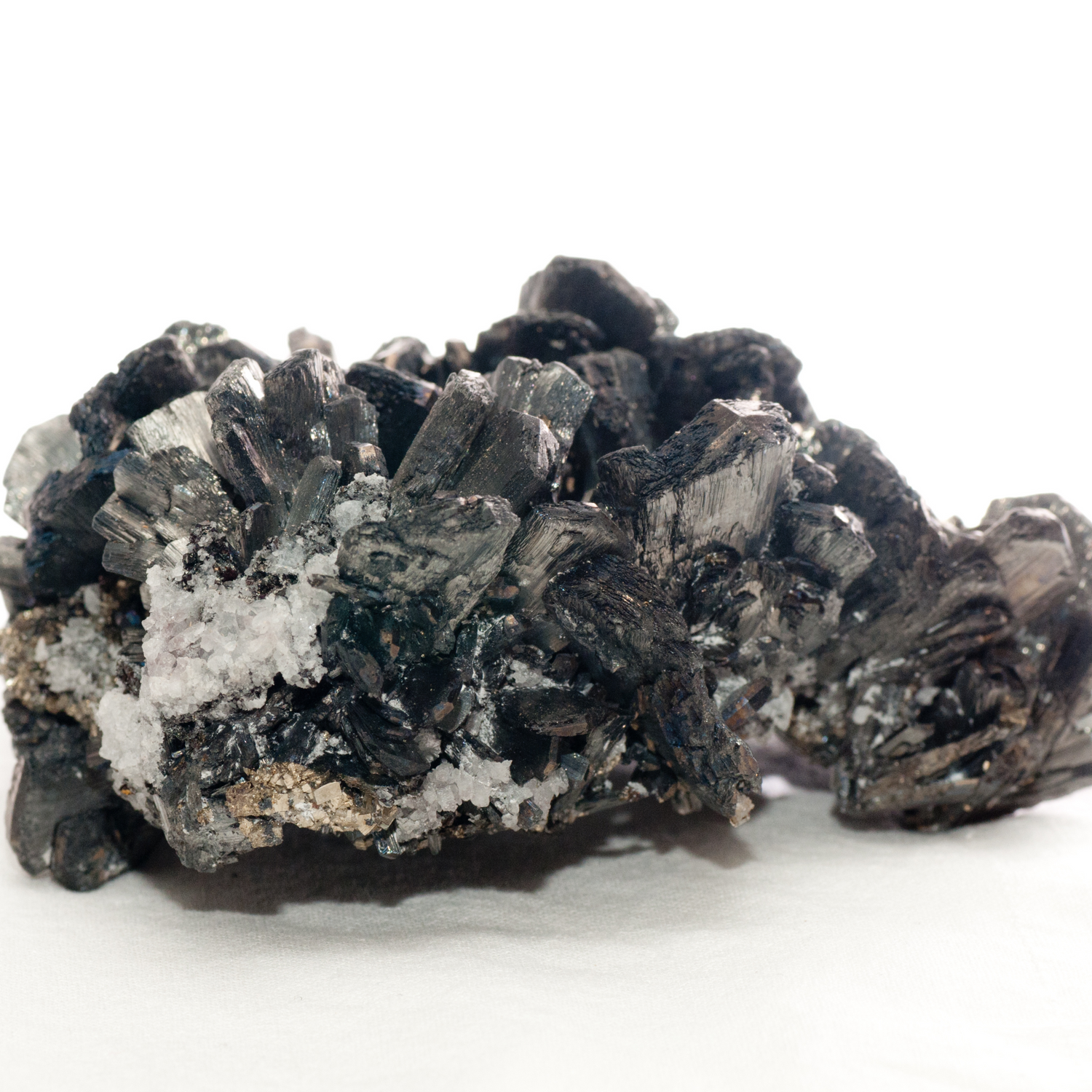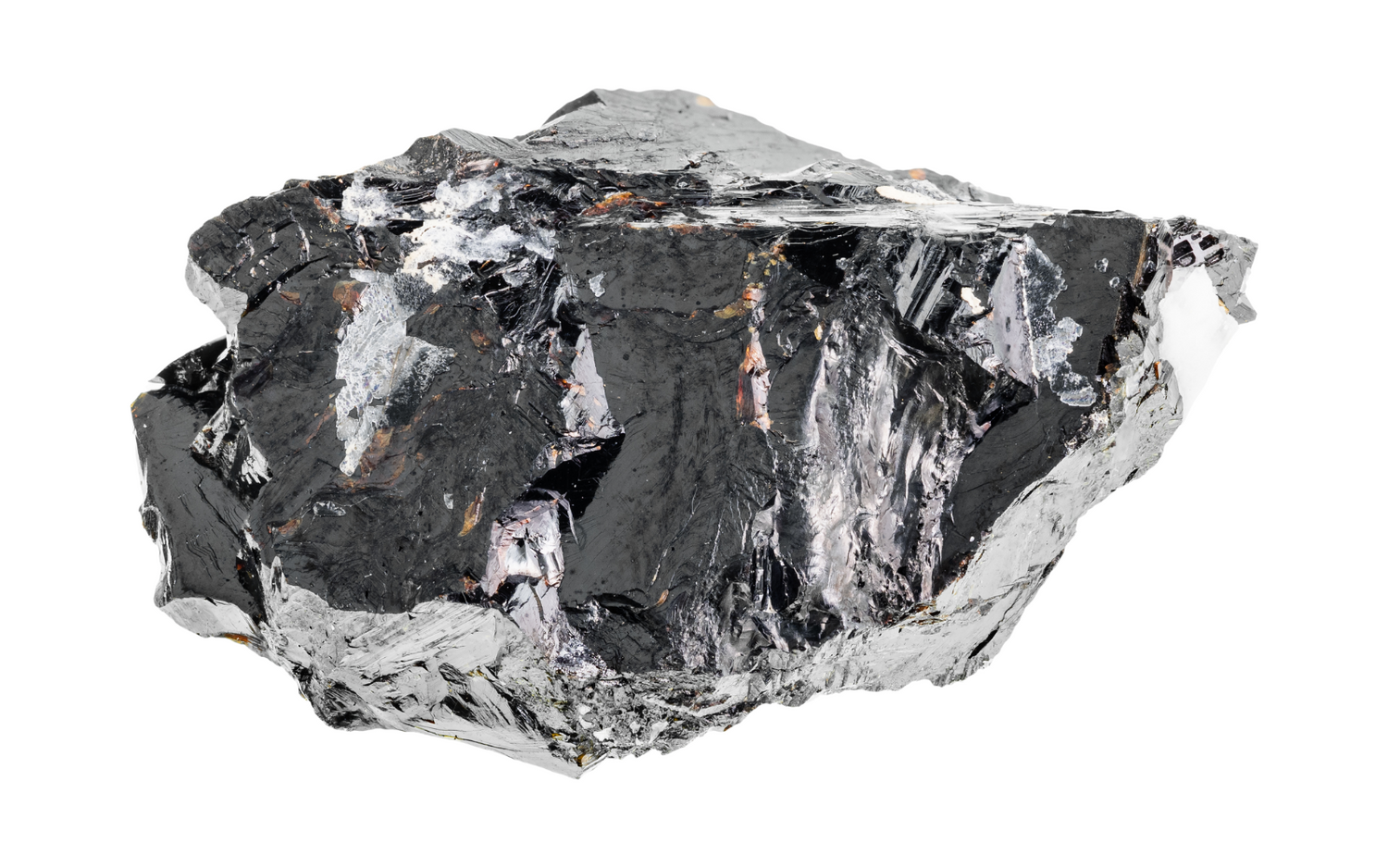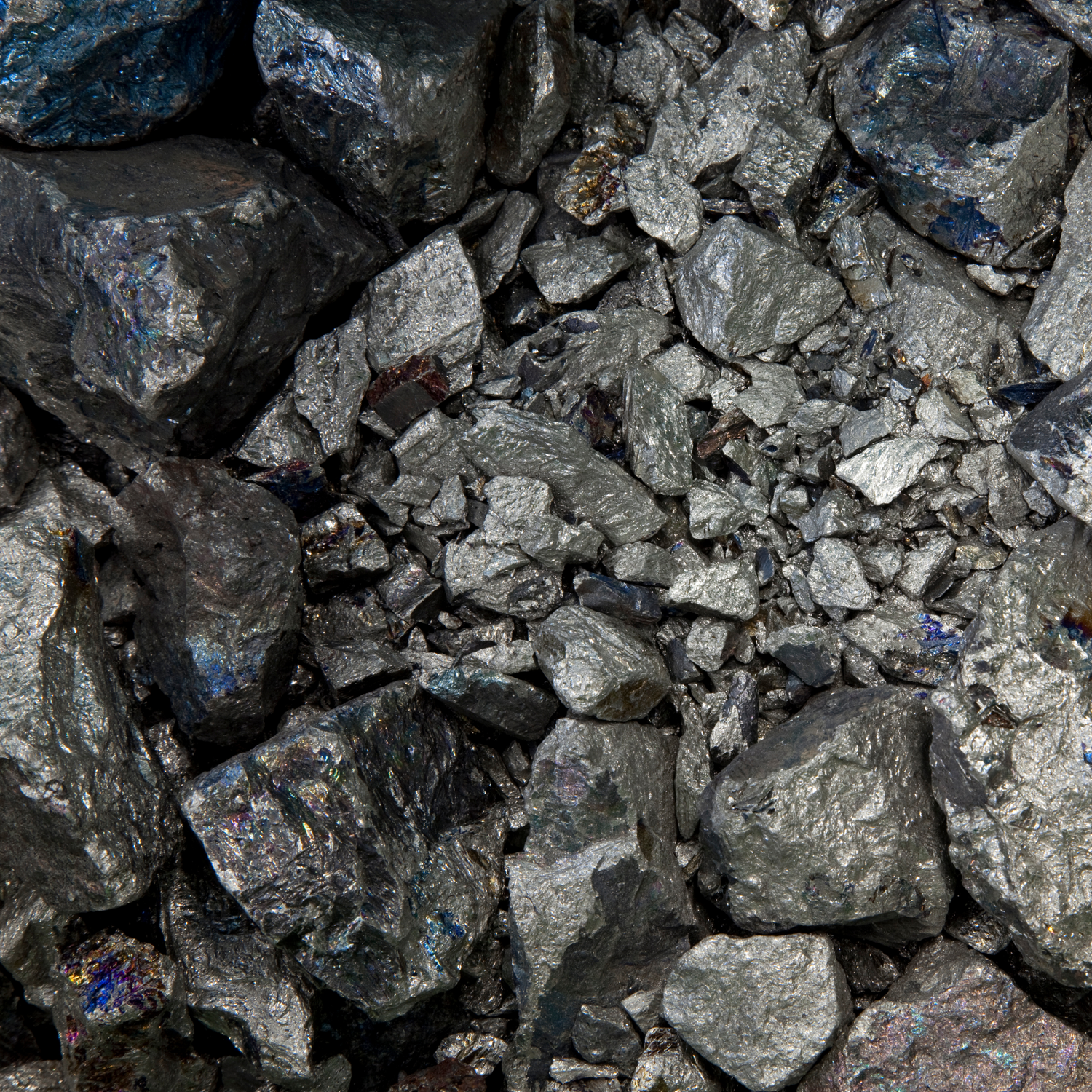
About Critical Minerals
POWERING THE FUTURE.
Critical minerals are the building blocks of modern technology, powering everything from smartphones and electric vehicles to 5G networks, aerospace systems, and quantum computing. These essential elements are crucial for economic growth, national security, and the global transition to clean energy.
Yet, supply is at risk.
• China dominates global production of many critical metals, controlling up to 90% of supply in key markets.
• Western nations are racing to secure their own sources of these metals to reduce reliance on imports.
• Demand is skyrocketing, driven by advancements in AI, defense, and renewable energy.
At Quantum Critical Metals, we are focused on discovering and developing Canada’s next generation of critical minerals deposits to help North America build a secure, independent supply chain.

Caption
GALLIUM
Gallium is a key material in semiconductors, 5G networks, AI processors, and high-efficiency solar panels. With China controlling over 95% of global gallium production, Western nations are urgently seeking new sources of supply.

The military metal
ANTIMONY
Antimony is critical for national defense, used in military-grade alloys, ammunition, and fireproofing materials. It is also emerging as a key ingredient in next-generation liquid-metal batteries for grid-scale energy storage. With China and Russia controlling over 80% of global supply, North America urgently needs domestic sources.

The quantum commodity
RUBIDIUM
Rubidium is essential for quantum computing, atomic clocks, aerospace navigation, and 5G communications. With applications in high-precision AI systems, demand for rubidium is rapidly increasing.

The infrastructure metal
COPPER
Copper is the backbone of modern electrification, used in power grids, electric vehicle batteries, and renewable energy systems. It is an excellent conductor of electricity, making it essential for smart technology, 5G networks, and AI-driven computing infrastructure. As the world transitions to clean energy, copper demand is surging.

The Infrastructure & Energy Storage Metal
ZINC
Zinc is essential for corrosion-resistant steel, energy storage, and sustainable infrastructure. It is widely used in galvanization (coating steel to prevent rust), which is critical for bridges, skyscrapers, and pipelines. Zinc is also a key component in zinc-air batteries, an emerging technology in renewable energy storage.

The Quantum & Precision Timing Metal
CESIUM
Cesium is vital for atomic clocks, which provide ultra-precise timing for GPS, 5G networks, and quantum computing. It is also used in oil and gas drilling to improve well efficiency and plays a role in medical imaging technologies like PET scans.

The High-Tech & Defense Metals
RARE EARTH ELEMENTS (REEs)
Rare earth elements are critical for EV motors, wind turbines, aerospace systems, and military technology. Neodymium and dysprosium are key for permanent magnets in electric vehicles and defense applications, while lanthanum and cerium are used in catalysts and battery alloys. Without rare earths, modern electronics, AI, and green energy wouldn’t exist.

The Superalloy & Space Metal
NIOBIUM
Niobium is a high-strength, lightweight metal used in jet engines, space exploration, superconductors, and advanced infrastructure. When added to steel, it creates stronger, lighter, and more heat-resistant alloys, making it essential for next-gen aerospace, hypersonic missiles, and quantum computing applications.
